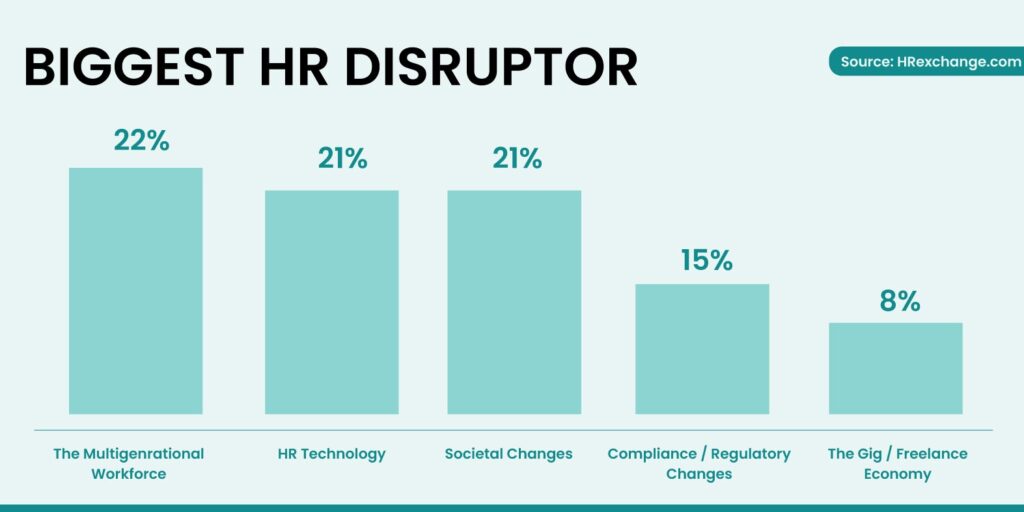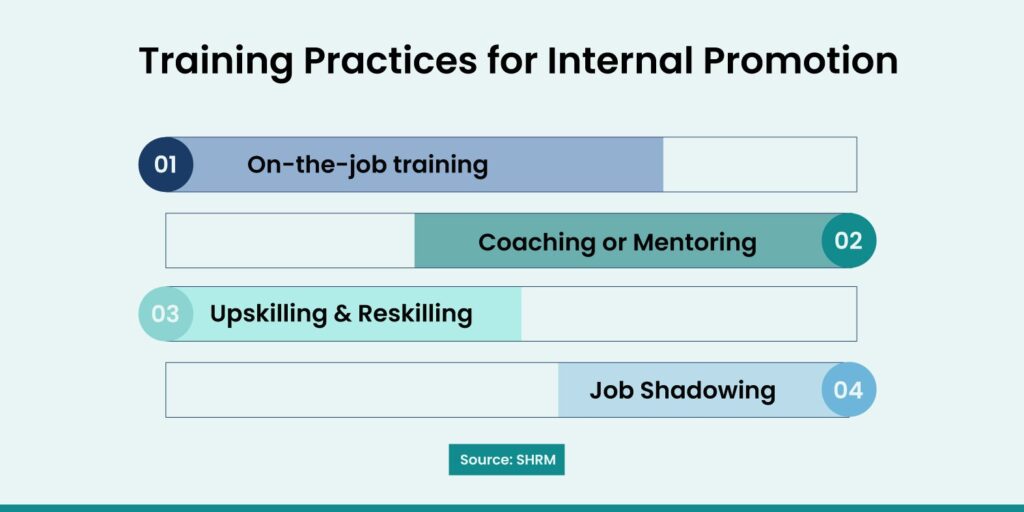In today’s interconnected world, the importance of global talent management cannot be overstated. With businesses expanding their reach across borders, effective HR strategies are essential for managing talent on a global scale.
At The Talent Games, we recognize the crucial role of global HR specialists in driving organizational success and are committed to supporting their efforts.
This article explores the concept of HR strategies on this International HR Day, and trends for managing talent across borders, and their significance in today’s diverse workforce.
Overview of Global HR
Global HR involves managing HR functions on a global scale, addressing diverse cultures, compliance with varied employment laws, and fostering learning management aligned with global talent.
Companies can leverage global HR platforms to hire globally without establishing legal entities in each country, streamlining processes like taxes, benefits, payroll, and compliance.
Statistics show that in 2022, there were around 11 million job openings each month, emphasizing the need for effective global HR strategies to address talent shortages.
Additionally, 65% of employees reported rethinking the importance of their job and work-life balance due to the COVID-19 pandemic, highlighting the evolving landscape of global HR
Key Challenges Faced by Global HR Today:
Global HR is facing the following challenges which you can’t ignore.
- Talent shortage in key markets
- Managing diverse cultural norms and expectations
- Bridging skill gaps among diverse workforce
- Retaining top talent in a competitive market
- Adapting to remote work and virtual teams
- Addressing unconscious bias in recruitment and promotion
- Developing effective cross-cultural training programs
To tackle these challenges, it is necessary to implement the following effective HR strategies.

Effective HR Strategies:
These strategies are going to help you becoming an exemplary organization specially in terms of global HR.
• Establish Strategic Partnership:
To address talent shortages in key markets, your company can proactively engage in partnerships with local educational institutions and vocational training centers. By collaborating closely with these entities, you can help shape educational programs that align with your industry’s needs, cultivating a pipeline of skilled talent.
• Enhancing Employer Branding Efforts
As you operate in diverse markets, it’s crucial to foster an inclusive workplace culture that respects and embraces cultural differences. Your company can implement comprehensive cultural sensitivity training programs for employees and managers, promoting understanding and collaboration across diverse cultural backgrounds.
• Continuous Learning and Development:
To bridge skill gaps among your diverse workforce, your company can invest in continuous learning and development initiatives. By offering personalized training programs and mentorship opportunities, you can empower employees to acquire the skills needed to excel in their roles and contribute effectively to the organization.

• Implementing Talent Retention Strategies:
To retain your top talent in a competitive market, your company can implement various retention strategies. This may include offering competitive compensation packages, providing opportunities for career advancement and development, and fostering a supportive and inclusive work environment.
• Investing in Technology Infrastructure:
In response to the rise of remote work and virtual teams, your company can invest in technology infrastructure and collaboration tools to support seamless communication and collaboration among remote teams.
Additionally, you can provide training and support to managers and employees to effectively navigate remote work arrangements and maintain productivity.
• Addressing Unconscious Bias in Recruitment and Promotion:
Various methods are employed in the pursuit of reducing bias, yet one stands out for its innovation and effectiveness: gamified assessments. These assessments integrate fun with science, utilizing interactive games rooted in neuroscience to evaluate candidates objectively.
The structured nature of these assessments ensures consistency and fairness in evaluation criteria, reducing the impact of subjective judgments. As a result, gamified assessments help organizations make more informed and unbiased decisions.
• Collaborating with Cultural Experts:
Your company can develop effective cross-cultural training programs by collaborating with cultural experts and consultants. These programs should be customized to address the specific cultural nuances and challenges faced by your employees working in diverse environments, fostering cultural understanding and inclusivity throughout the organization.
HR Strategies of Famous Companies
These companies lead the global market and their HR strategies are one of the key reason behind it. Here are few examples:
• Google's Diversity and Inclusion Initiatives
Google places a strong emphasis on diversity and inclusion, implementing initiatives such as unconscious bias training, specialized recruitment efforts targeting diverse candidates, and the establishment of employee resource groups dedicated to fostering inclusivity and celebrating diversity.
• Microsoft's Global Talent Acquisition Strategy
Microsoft employs advanced AI-powered tools and technologies to facilitate global talent acquisition, ensuring that the company can source top talent from diverse backgrounds across the world. By leveraging these tools, Microsoft maintains a diverse workforce, driving innovation and competitiveness in the global marketplace.
• Nestlé's Gamified Assessments for Hiring
Nestlé revolutionized its recruitment process by introducing gamified assessments, transforming the candidate experience while simultaneously streamlining hiring processes and reducing associated costs. These interactive assessments engage candidates in immersive activities, providing a more accurate evaluation of their skills and suitability for the organization.

• Unilever's Cross-Cultural Training Programs
Unilever invests in comprehensive cross-cultural training programs aimed at equipping its diverse workforce with the necessary skills and understanding to collaborate effectively across cultural boundaries.
Through initiatives focused on promoting cultural sensitivity, language proficiency, and virtual cultural exchanges, Unilever fosters an inclusive environment where employees from diverse backgrounds can thrive and contribute to organizational success.
• IBM's Remote Work Initiatives
IBM has embraced remote work by implementing flexible work arrangements and providing robust virtual collaboration tools. These initiatives not only enhance productivity and employee satisfaction but also contribute to cost savings and environmental sustainability by reducing the need for physical office spaces and commuting.
Hottest Future Trends in Global Talent Management:
As the dynamics of the workforce continue to evolve, organizations are embracing innovative approaches to talent management. Here are some key trends shaping the future of global talent management:
• Leveraging Generative AI in Talent Processes
Companies are harnessing the power of generative AI to automate and optimize talent processes, from candidate sourcing and screening to performance evaluations and career development, enhancing efficiency and decision-making.
• Gamified Hiring:
Gamification is transforming traditional recruitment processes, engaging candidates through interactive and immersive experiences that assess skills, cultural fit, and problem-solving abilities, leading to more accurate candidate evaluations and enhanced candidate experiences.
• Focus on Employer Branding:
Employers are prioritizing their brand image and reputation to attract and retain top talent, showcasing their organizational culture, values, and commitment to employee well-being, thereby differentiating themselves in the competitive talent market.
• Diversity, Equity & Inclusion (DE&I)
Organizations are doubling down on their efforts to foster diverse, equitable, and inclusive workplaces, implementing initiatives to increase representation, eliminate bias, and create a culture of belonging, driving innovation and better business outcomes.
• Learning & Development
Continuous learning and development are becoming integral to talent management strategies, with organizations offering personalized and flexible learning opportunities to empower employees to upskill, reskill, and adapt to evolving job roles and technologies.
• Prioritizing Care
Creating a great company culture is imperative for your success. The culture can only become great if you genuinely care about your employees rather than focusing only on profit/loss game. Famous companies distinguish themselves from the others because they prioritize employees and clients over their profit/loss.
Conclusion
The effective HR strategies are essential for navigating the complexities of managing talent across borders. By understanding the challenges and opportunities of global talent management and implementing best practices in recruitment, onboarding, training, performance management, and diversity, organizations can unlock the full potential of their global workforce and drive sustainable growth and success.

